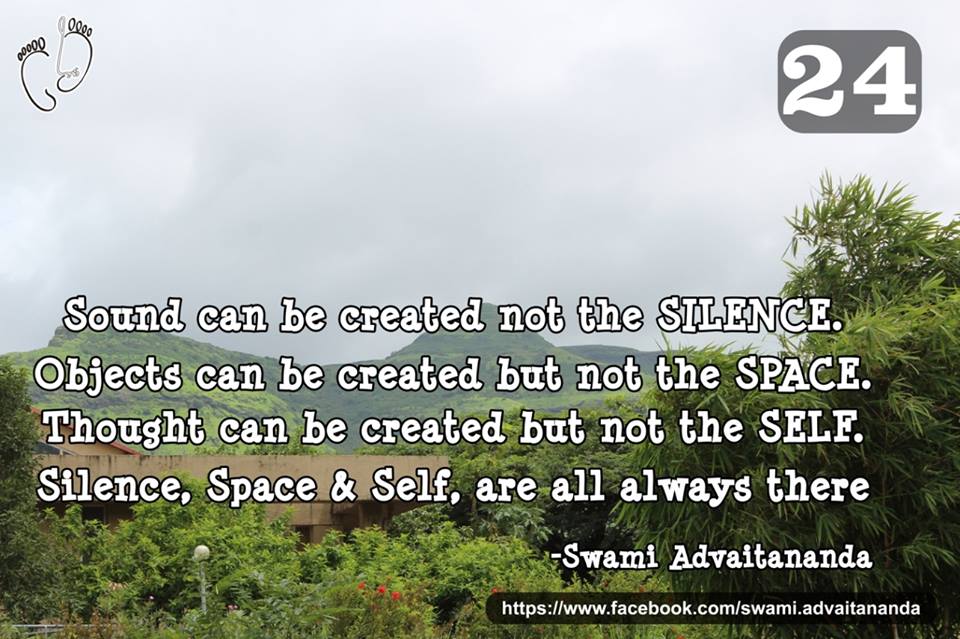UPANISHAD MANDUKYA : Chapter-1. Agama Prakarana ( The Scriptural Treatise ) Sri Gaudapada's glossary begins : Karika Mantram-s 1 to 9. Mantram-6 : Discussion-2.

10/03/2019 Mandukya Upanishad : Chapter-1. Agama Prakarana ( The Scriptural Treatise ) Sri Gaudapada's glossary begins : Karika Slokam-s 1 to 9. Mantram : 6. "Prabhavah sarva-bhavanam satamiti viniscayah, sarvam janayati pranas-cetomsun-purushah prthak." prabhavah = birth (is); sarva-bhavanam = for all objects; satam = which are existent; iti = thus; viniscayah = is well established; sarvam = everything; pranah janayati = unmanifest creates; cetah-amsun = conscious beings; purushah = purusha ( The Absolute ); prathak = distinctly. " It is well established that something can come out as an effect only from a cause that is existent ( not non-existent ). The Prana manifests all insentient things; the Purusha ( The Lord ) creates separately the conscious beings, the egos, in their manifold forms.." Discussion : 2. The 'Total Reality' is a potent power consisting of both dynamism and consciousness. The dynamic aspect...

